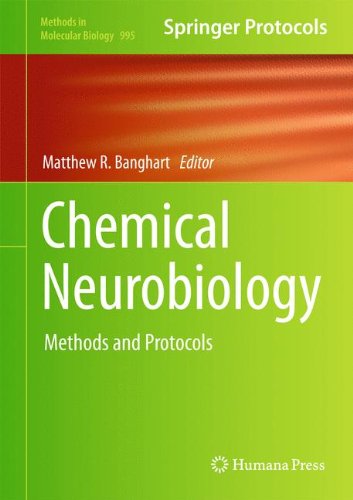

Most ebook files are in PDF format, so you can easily read them using various software such as Foxit Reader or directly on the Google Chrome browser.
Some ebook files are released by publishers in other formats such as .awz, .mobi, .epub, .fb2, etc. You may need to install specific software to read these formats on mobile/PC, such as Calibre.
Please read the tutorial at this link: https://ebookbell.com/faq
We offer FREE conversion to the popular formats you request; however, this may take some time. Therefore, right after payment, please email us, and we will try to provide the service as quickly as possible.
For some exceptional file formats or broken links (if any), please refrain from opening any disputes. Instead, email us first, and we will try to assist within a maximum of 6 hours.
EbookBell Team

4.3
18 reviewsMany advances in modern neuroscience are enabled by the availability of chemical tools that allow sensitive, precise, and quantitative measurements of, and control over, biological processes. These powerful reagents are widely used for investigating the nervous system at levels of detail ranging from ion channel structure to neural network dynamics. Recent advances in photochemistry, microscopy, and protein engineering have triggered a surge in the development and application of these interdisciplinary techniques. Chemical Neurobiology: Methods and Protocols assists with the design, characterization and validation of new chemical tools for neurobiology by providing detailed protocols of procedures and assays deemed essential for the successful development and implementation of such tools. Divided into three sections, topics cover chemical probes of membrane protein structure and function, photochemical control of protein and cellular function, and chemical probes for imaging in the nervous system. Written in the successful Methods in Molecular Biology™ series format, chapters include introductions to their respective topics, lists of the necessary materials and reagents, step-by-step, readily reproducible protocols, and notes on troubleshooting and avoiding known pitfalls.
Authoritative and easily accessible, Chemical Neurobiology: Methods and Protocols serves scientists at many levels, including students aiming to expand their perspective, laboratory researchers seeking technical guidance, and established investigators looking for creative solutions to their research problems in molecular, cellular and systems neuroscience.